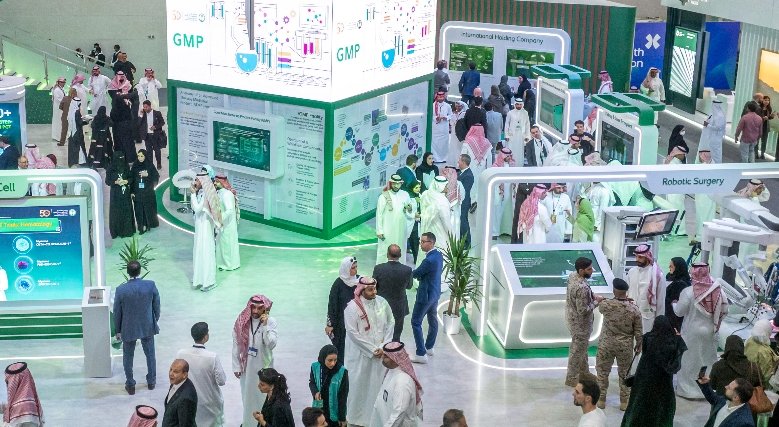
King Faisal Specialist Hospital and Research Centre will open Saudi Arabia’s first facility for manufacturing genetic and cellular therapies by late 2025, a project designed to give thousands of patients access to advanced treatments at home, reduce the cost of care by an estimated eight billion riyals — about two billion dollars — by 2030, and meet roughly nine percent of the nation’s demand for such therapies.
The new plant, located on the hospital’s Riyadh campus, will produce CAR T-cell and stem-cell therapies, treatments that re-engineer a patient’s own cells to fight cancer or repair damaged tissue. Spanning more than 5,000 square meters, the facility is designed around 16 modular clean-room clusters that can expand or adapt as new therapeutic technologies evolve.
Officials said the complex marks a milestone in Saudi Arabia’s biotechnology ambitions, bringing precision medicine and advanced manufacturing together. Once fully operational, it is expected to manufacture about 2,400 treatment doses each year, advancing the country’s capacity to produce some of the world’s most sophisticated therapies.
The facility will operate under Good Manufacturing Practice standards, the global framework that governs pharmaceutical production. Each process, from air filtration to batch testing, will be monitored to ensure sterility, safety, and consistency. Artificial-intelligence systems will manage quality control, while the modular layout allows rapid scaling as innovation grows.
At this year’s Global Health Exhibition 2025 in Riyadh, the hospital is showcasing the new manufacturing complex alongside its advances in robotic surgery, genetic diagnostics, and augmented-reality medical training.




